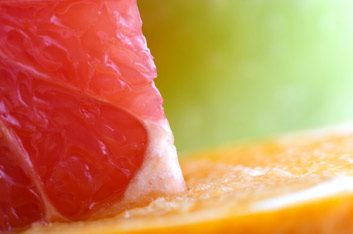
Is drinking fruit juice just as good for you as eating whole fruit?
No: Juice has some but not all of the nutritional benefits of whole fruit, and some drawbacks, too. In particular, you don’t get nearly as much fibre with juice, and you also miss many of the vitamins and nutrients of the original fruit. Plus, juices are often sweetened, adding useless calories and further programming you to crave sweet food.

Do low-carb diets work?
Yes: People lose more weight during the first six months of a low-carb diet than they do on other kinds. But after a year, the various diets even out. For lasting weight loss, doctors say, learn healthy eating patterns you can live with for your entire life.

Does exercise increase hunger?
No: In fact, research shows that exercise suppresses hunger during and after workout sessions, and that exercisers put off eating for longer than people who didn’t exercise. The only exception is endurance athletes who exercise more than two hours a day.

Can a vitamin prevent PMS?
Yes: It seems hard to believe, but vitamin B6 (found in fortified cereals, legumes, meats, fish and some produce) helps. Analysis of clinical trials found women who took up to 100 milligrams a day were more than twice as likely as those taking a placebo to have fewer symptoms such as bloating and breast pain. And they were 69 percent less likely to suffer menstrual-related depression.

Do anti-allergy mattress and pillow covers stop asthma and allergy symptoms caused by dust?
No: Studies show that coverings alone can’t beat dust mites, the microscopic eight-legged bugs that are the cause of most indoor allergies. You’ll also need a strategy that includes lowering humidity, washing bedding in hotter water and cleaning the room frequently.

Does drinking water suppress the appetite?
Yes: Studies show that drinking water, either with a meal or incorporated into food (such as water-based soup), helps dieters feel full. However, no studies show how long the effects last, or how much water keeps you away from the fridge.
Related:
• 10 questions to ask your doctor
• 10 ways to be your healthiest
• 5 dental symptoms you should never ignore
